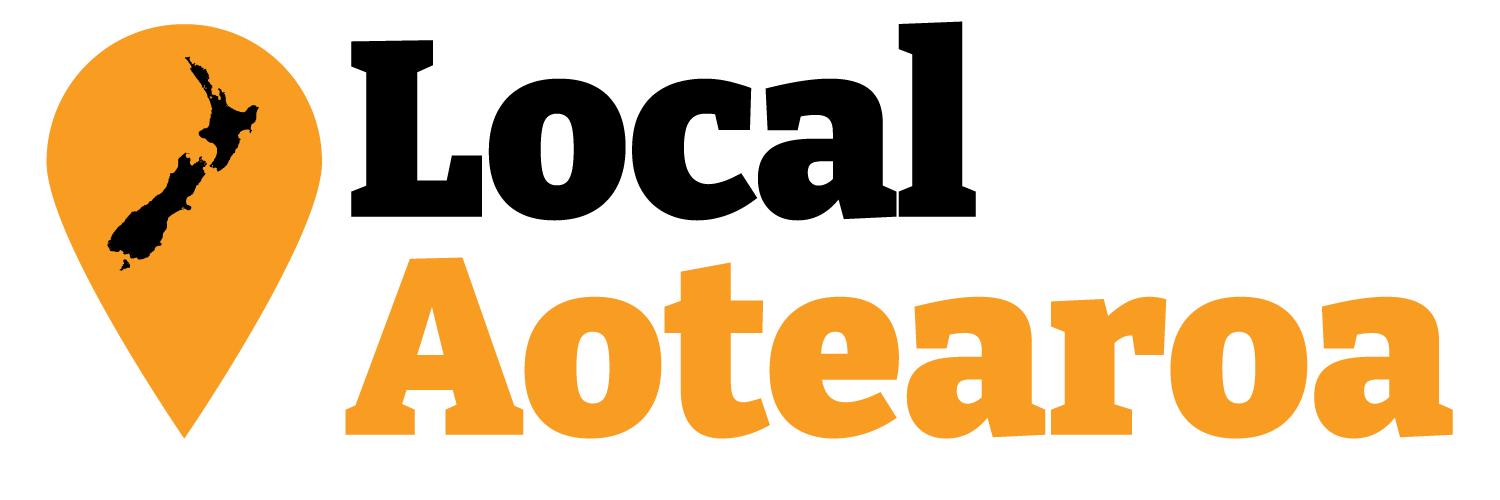Dear Minister - councils are accountable to their communities, not just ratepayers
An AI-generated image of a group protesting outside of a city hall.
Judging by his recent comments on Wellington City Council, Local Government Minister Simeon Brown seems to think councils are only accountable to ratepayers. One of his advisors needs to pull him aside and give him a quick reminder that that Local Government Act states that “local authorities are accountable to their communities”, which are made up of both ratepayers and residents - a point further reinforced in his predecessor Kieran McAnulty’s notice on ministerial powers of local government assistance and intervention where it stated that “local authorities’ accountability is to their ratepayers and residents”.
In both Brown’s initial comments after his Cabinet colleagues started firing salvos at Wellington City Council, and in his more recent remarks to reporters at Wellington Airport following his meeting with Wellington Mayor Tory Whanau, the Local Government Minister has referred to the council’s accountability to ratepayers. There hasn’t been a single mention of residents at all, which is odd given that the home ownership rate in Wellington sits at a dismal 58.5 percent, below the national average, so a significant part of the Wellington community that the council is accountable to aren’t directly paying rates.
While ratepayers (both as individuals and entities) do hold a privileged position in local government elections through their ability to vote in districts, cities, and regions they’re not resident in solely by virtue of being a ratepayer*, they’re not the be-all and end-all of who councils are responsible to. Councils are just as responsible to those residents who aren’t property owners.
Of course, this selective use of language is nothing new, and politicians and commentators in both central and local government use it all the time. Even I’ve been guilty of using ratepayers when I should have been saying residents. In central government we often see this expressed as the use of “taxpayers” rather than citizens/residents/people/communities etc in central government.
That this emphasis always comes to the fore isn’t surprising, stemming as it does from the old principle of no taxation without representation. For most councils the reality is that the bulk of their income does come from what is essentially a form of property tax, which again feeds into this.
But despite the role ratepayers play in funding local government, and the special place they receive in elections, the reality is councils are accountable to all the residents of their communities, regardless of whether they’re ratepayers or not.
*It should be noted that despite claims by some (including academics who should know better), this doesn’t give individual ratepayers multiple votes in the same election - Section 40 of the Local Electoral Act prohibits this. While local authority elections are all held at the same time, they’re all technically separate elections in terms of every local/regional authority and the positions in them being separate elections and have different lists of electors for those different positions within them. So you can’t be a ratepayer voter in the same election where you are a resident voter, meaning it’s still only one person one vote in each election.
Whether being a non-resident ratepayer should entitle you to vote, let alone entities which are ratepayers being able to nominate someone to vote for them, is a debate worth having, but we need to be clear that local government elections are actually multiple clusters of individual elections taking place all at the same time.





